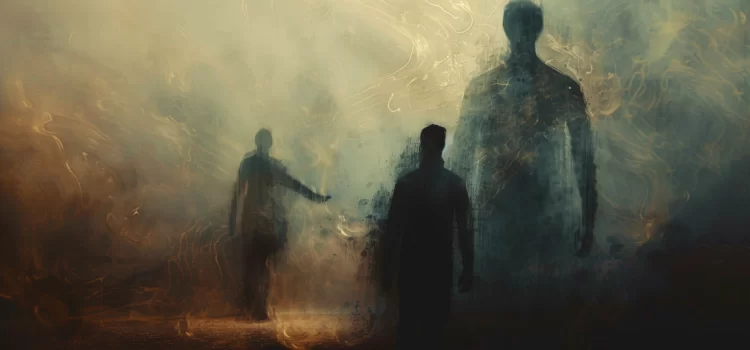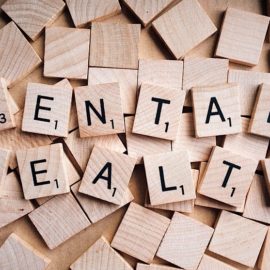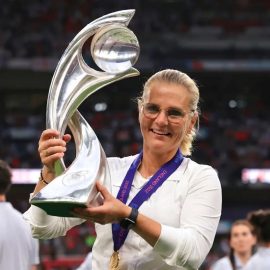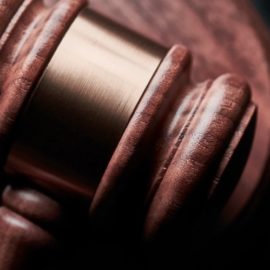
How does someone break free from a family legacy of crime? What does it take to forge a new path outside your criminal parents’ shadow?
Pietro “Picho” La Greca Jr.’s story is a compelling tale of redemption and self-discovery. His journey from a family entangled in illegal activities to a successful career is inspiring and eye-opening.
Keep reading to learn how Picho broke the criminal cycle.
Breaking Away From Criminal Parents’ Legacy
You’ve probably heard stories of people trying to escape their family’s dark past. Well, Picho’s journey is one such tale. He made a firm decision to distinguish his pursuits from the unlawful activities linked to his criminal parents and other family members.
Forging a New Path in Corporate America
Picho leaves the family business behind, embarking on a quest to forge his own path in the corporate world. He works in Carlsbad, away from his family’s sphere of influence, selling financial planning software. In his quest for a different life, he finds happiness in a home that symbolizes his new path, complete with a self-playing baby grand piano. Unlike his relatives, Picho refrains from lavish spending, preferring to maintain a simpler appearance.
Protecting Family From Illegal Activities
After a distressing event involving his uncle, Picho and his family members deliberately distance themselves from the dangers of cartel operations in the border regions. His studies in Buenos Aires, while seemingly for academic advancement, also serve as a strategic move to ensure his safety.
Throughout these events, Picho plays a crucial role in influencing major legal and financial outcomes, marking a clear shift from his father’s lifestyle. When dealing with property transfers and facing family members alone, he takes decisive actions that affirm his independence. He works hard to protect the investment company he oversees, showing his commitment to distancing himself from his family’s shady past.
Fighting for Family Property
Picho finds himself in a complex battle over his inheritance, which includes a building used for commercial activities. This property symbolizes the once-powerful but now declining empire built by his ancestors. He’s trying to stop his father, Pietro Sr., from selling the estate–a dispute that goes beyond money and touches on his maternal family’s legacy.
During this tumultuous time, Picho becomes deeply involved in efforts to undermine Pietro Sr.’s control of the customs outpost. Pietro Sr. had set up legal protections to secure family assets, ensuring his brother Nando couldn’t impose financial liabilities on them. Picho’s broader efforts to reclaim his family’s rightful possessions also represent his journey to create his own distinct legacy.
In a strategic move, Picho shifts control of the customs-handling facility to his mother, significantly reducing Pietro Sr.’s immediate control and threatening his income from the estate. As a key player in the company’s operations, Picho emphasizes the complexity of his responsibilities and his commitment to protecting the family’s heritage, despite Nando being the designated successor to the customs license. He rejects the idea that Pietro Sr. has any right to profit from the building project, clearly separating his own decisions and path from those of his predecessor.






